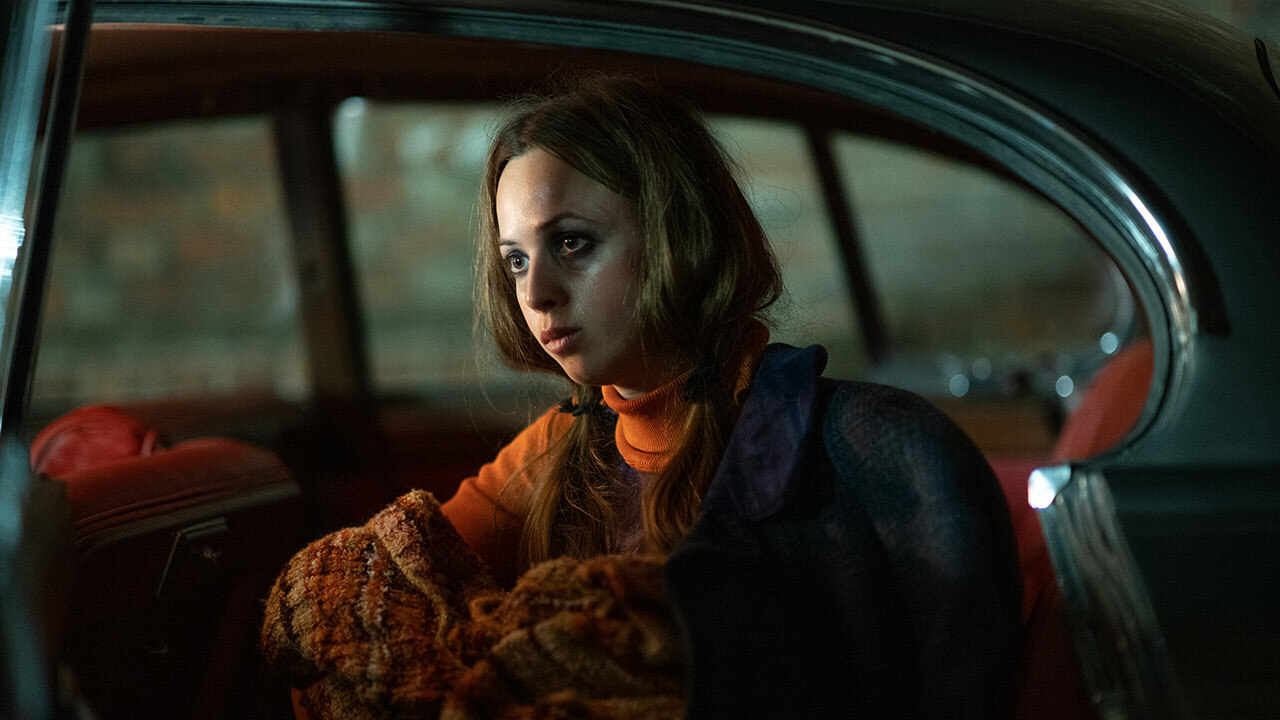I appreciated this episode’s portrayal of the vulnerability of midwife Shelagh Turner (Laura Main) after the traumatic birth she managed of the baby with the gastroschisis. Gastroschisis is a serious birth defect wherein the baby's intestines protrude from the inside of the abdomen to the outside, pushing through a hole in the abdominal wall. Sometimes only the intestines come through the wall and appear outside of the body, and at times the other abdominal organs, like the stomach, protrude through the abdominal wall. In current times, this birth defect is very operable, with babies having an excellent chance of survival. The condition is usually detected on an ultrasound done in pregnancy, so there is time to educate the parents, and plan for the baby to be born in the best place suited to provide the initial care (which includes surgery).
As I watched Shelagh jump into action to facilitate the birth of the young woman living with the group of squatters in the warehouse, many memories from similarly acute and tense birth situations flooded back to my memory. She was so calm and collected in the moment yet was able to “fall apart" once she was safely home in the company of her husband, Dr. Turner (Stephen McGann). As midwives, our families, especially our partners, are our safety nets and endure countless hours of helping us process through the high highs and the low lows of our profession. I identified so strongly with Shelagh as she talked through how she was so calm in the moment of that emergent and traumatic birth only to fully realize the enormity of it after the fact. I have been caught off guard by nurses telling me, after a particularly harrowing birth experience, how calm I was during the event. I have wanted to respond “are you kidding me? You must not have heard that voice of panic screaming in my head because I sure did!”
Back to the young women who was amongst the squatters inhabiting Matthew Aylward’s (Olly Rix) warehouse. Shelagh’s response to the young woman’s explanation that she had not received prenatal care and intended to give birth unassisted because she wanted everything to be “natural” was a perfect. “Natural isn’t always perfect, and perfect isn’t always natural.” Interestingly, intentional unassisted births at home (meaning not attended by any sort of birth professional) called free birthing, has been on the rise, particularly accelerating during COVID as women developed understandable fears around giving birth in hospitals. Sadly, one reason people resort to turning away from the medical establishment is that they have grown weary of not being heard, and for women of color, they are understandably fearful, given that they are much more likely to suffer an adverse outcome in childbirth than are white women.
While childbirth most often (when left to occur unfettered and uninterrupted) has perfectly fine outcomes, for that small percentage of time that a complication does occur, women deserve to have a qualified provider at their side because to quote Shelagh “Natural isn’t always perfect, and perfect isn’t always natural.” Amen sister.
